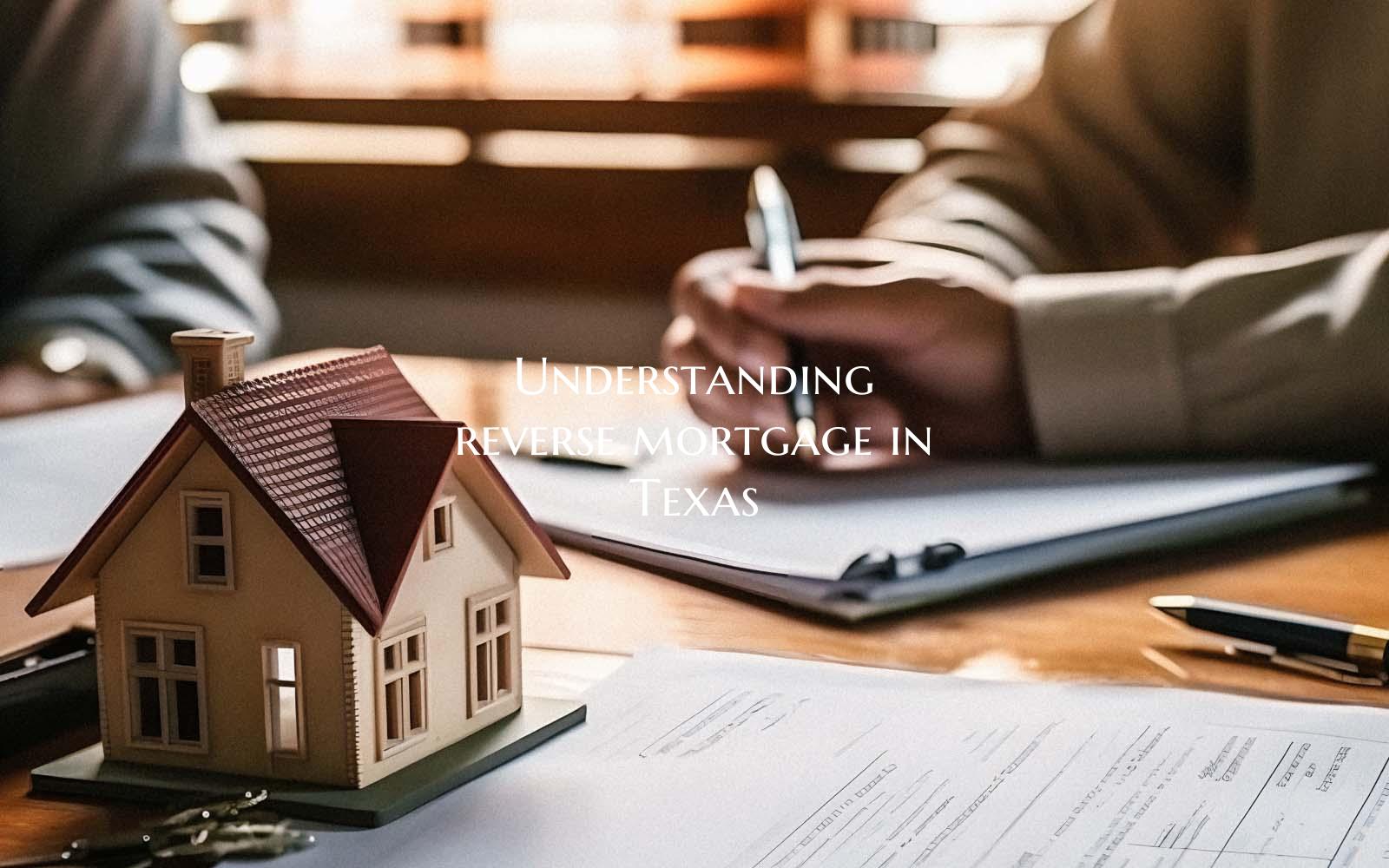Understanding reverse mortgage in Texas

A reverse mortgage is a financial product available to homeowners in Texas that allows individuals aged 62 and older to access a portion of their home equity while still living in their home. This unique financial tool is specifically designed to provide older homeowners with additional income or cash flow during retirement.
In Texas, reverse mortgages are governed by state and federal laws to protect borrowers and ensure transparency in the lending process. Before considering a reverse mortgage, it is crucial for Texas homeowners to understand how this financial product works and its implications.
Key Points to Consider:
1. Eligibility: To qualify for a reverse mortgage in Texas, homeowners must be at least 62 years old and own their home outright or have a significant amount of equity in their property.
2. Loan Types: There are different types of reverse mortgages available in Texas, including Home Equity Conversion Mortgages (HECMs) insured by the Federal Housing Administration (FHA) and proprietary reverse mortgages offered by private lenders.
3. Repayment: Unlike traditional mortgages, borrowers do not make monthly mortgage payments with a reverse mortgage. Instead, the loan balance accumulates over time and is typically repaid when the borrower moves out of the home, sells the property, or passes away.
4. Counseling Requirement: Before applying for a reverse mortgage in Texas, borrowers are required to undergo counseling with a HUD-approved counselor. This counseling session provides comprehensive information about the loan terms, costs, and alternatives to help borrowers make informed decisions.
5. Costs and Fees: Reverse mortgages in Texas may involve upfront costs such as origination fees, closing costs, and mortgage insurance premiums. Borrowers should carefully review and understand these expenses before proceeding with the loan.
6. Impact on Heirs and Estate: It is essential for borrowers to consider the implications of a reverse mortgage on their heirs and estate. Upon the borrower's passing, heirs may choose to repay the loan balance and keep the home or sell the property to settle the debt.
7. Legal Protections: Texas homeowners are protected by state laws that regulate reverse mortgage transactions. It is advisable to consult with a legal professional or financial advisor to ensure that the terms of the loan comply with Texas regulations.
In conclusion, understanding reverse mortgages in Texas is vital for homeowners seeking to tap into their home equity to supplement their retirement income. By being well-informed about the eligibility criteria, loan types, repayment structure, costs, and legal considerations, Texas homeowners can make confident decisions regarding reverse mortgages and their financial future.
